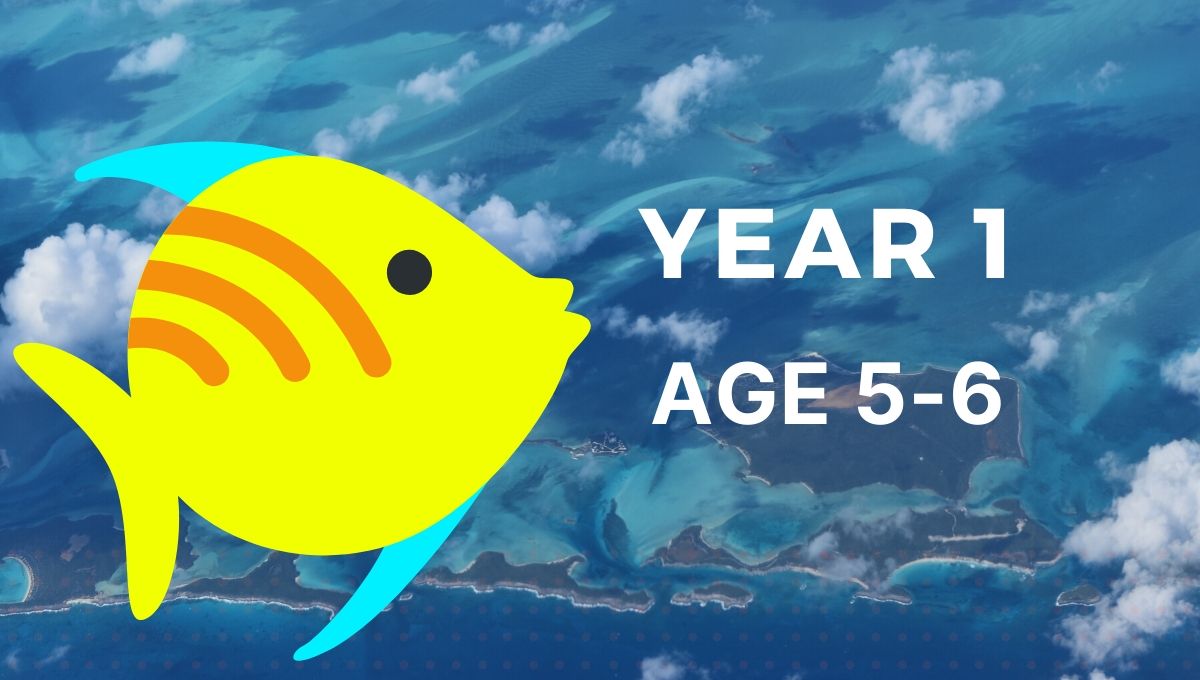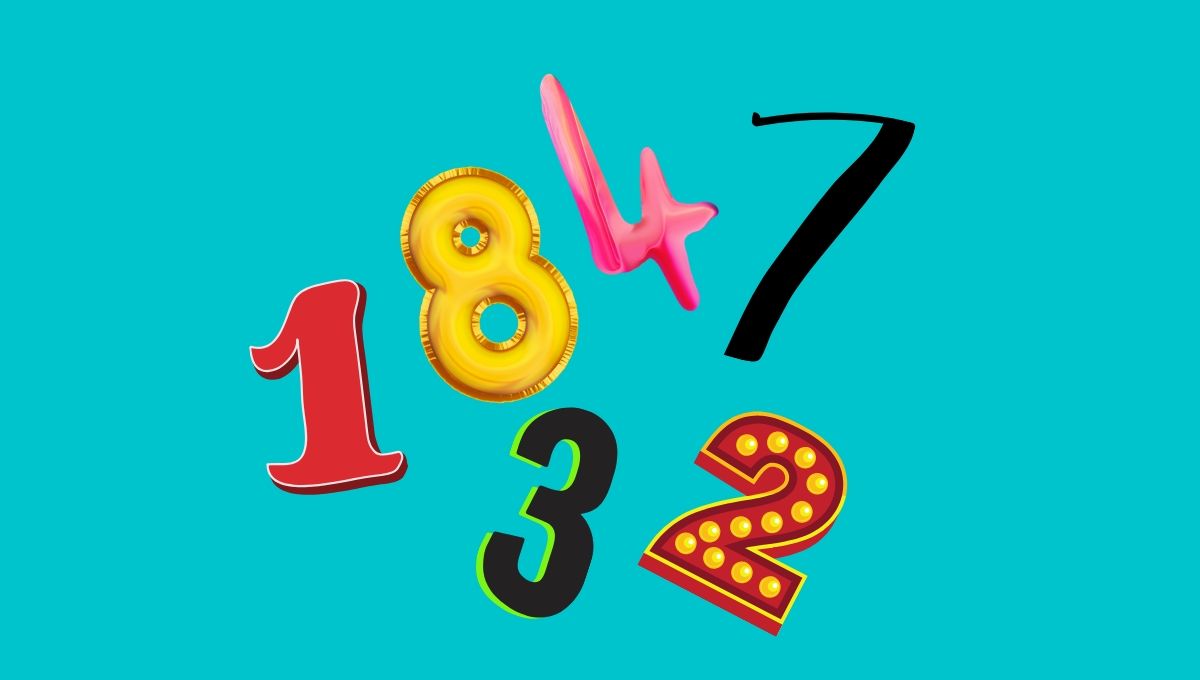Contents
Reception Maths Worksheets PDF – 20 Free EYFS Printables (Ages 4–5)
Looking for free printable Reception maths worksheets in PDF format? You’ve come to the right place! This pack includes 20 Early Years Foundation Stage (EYFS) maths activities for children aged 4–5, covering counting, shape recognition, basic addition, and more. Ideal for teachers, parents, home-schoolers, and childminders who want high-quality worksheets to support EYFS learning goals.
What’s Inside the Pack?
- Number & Counting Activities (1–10 and 1–20)
- Early Addition & Subtraction Worksheets
- 2D and 3D Shape Recognition
- Position, Direction & Movement Language
- Aligned with EYFS Maths Learning Goals
EYFS Maths Learning Goals (Reception)
These worksheets are designed to help children achieve the Early Learning Goals (ELGs) in Mathematics as outlined in the EYFS Statutory Framework (GOV.UK).
Number:
- Understand numbers to 10, including the composition of each number
- Subitise up to 5
- Recall number bonds up to 5 and some to 10
Numerical Patterns:
- Count beyond 20 and recognise the counting system pattern
- Compare quantities up to 10 in various contexts
- Explore patterns, odd/even numbers, doubles, and equal groups
Also see: Twinkl’s Early Learning Goals Guide
Download the Reception Maths Worksheets PDF Pack
Click the button below to download all 20 worksheets in one convenient PDF:
Parent & Teacher Tips
- Use objects like toys or blocks to teach number concepts hands-on
- Talk about shapes using cereal boxes, cans, and balls
- Practice real-world position words: “on”, “under”, “behind”, etc.
- Watch BBC Bitesize Early Maths videos for extra home learning support
More Reception Maths Resources
Frequently Asked Questions (Reception Maths)
What maths should a Reception child know?
Reception children should be able to count to 20, identify basic shapes, solve simple addition problems, and understand positional language.
Are these worksheets aligned with the EYFS curriculum?
Yes! All worksheets are designed based on the Early Learning Goals outlined in the EYFS framework from the Department for Education (UK).
Can I use these worksheets at home?
Absolutely. These resources are perfect for parents, carers, and tutors to reinforce maths learning at home.
Bundle of Winter Count and Colour 1-20 Maths WorksheetsDownload
Early years learning goals for mathematics:
- Number Recognition and Counting:
- Recognizing and naming numbers from 1 to 10 (or higher).
- Counting objects up to at least 10 and understanding that the last number counted represents the quantity.
- One-to-One Correspondence:
- Matching one object to one number when counting, ensuring that each object is counted only once.
- Number Order:
- Understanding the concept of number order and sequence, including counting forward and backward.
- Comparing Quantities:
- Comparing and understanding the concepts of more, less, and equal when looking at groups of objects.
- Basic Addition and Subtraction Concepts:
- Beginning to grasp the idea of combining (addition) and separating (subtraction) objects or quantities.
- Shapes:
- Recognizing and naming basic shapes (e.g., circle, square, triangle, rectangle) in everyday objects and surroundings.
- Measurement:
- Exploring concepts of size, length, weight, and capacity informally through play and activities.
- Patterns:
- Recognizing and creating simple patterns using colors, shapes, or objects (e.g., red-blue-red-blue).
- Spatial Awareness:
- Understanding spatial relationships, such as on, under, inside, outside, in front, and behind.
- Time Concepts:
- Exploring basic concepts of time, including daily routines (morning, afternoon, evening) and understanding simple concepts like yesterday, today, and tomorrow.
- Money Awareness:
- Introducing the concept of money, recognizing coins, and understanding their values.
- Data Representation:
- Beginning to organize and represent data using simple graphs or charts.
- Problem-Solving Skills:
- Developing problem-solving skills through activities that require logical thinking and reasoning.
- Math Language and Communication:
- Using and understanding mathematical language, such as more, less, equal, big, small, and numbers.
Share This with Other Parents & Teachers
If you find this useful, share it on or Visit our pages
Why StarWorksheets.co.uk?
StarWorksheets.co.uk offers expertly designed printable resources aligned with UK education standards. Whether you’re a teacher, home educator, or parent, our free printables help make learning engaging and accessible.



